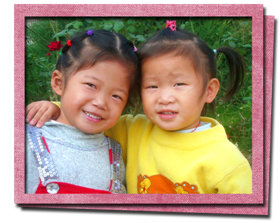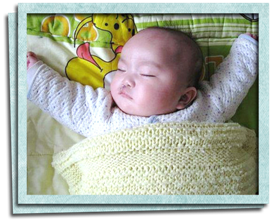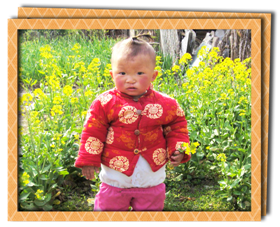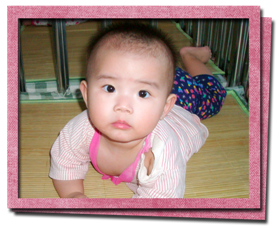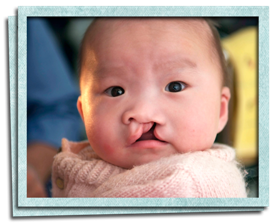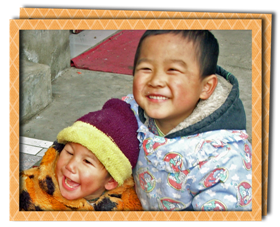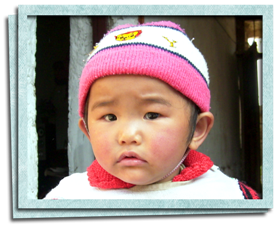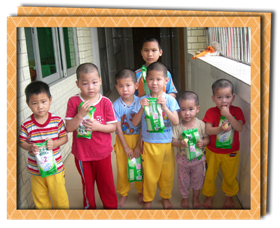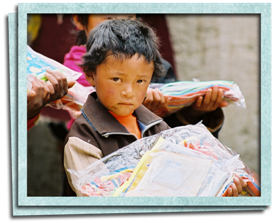Our charity question of the week:
“Social change” is the current buzz word in the non-profit world... It is not just about simply helping people, but how charities are bringing about a larger change in society. Reading recent articles about this topic this past week has caused me to reflect on who we are and what changes we are creating with the work we do.
LWB started out by helping one child with heart disease. From that, the ripples grew with more medical children, our school programs, foster care, and orphanage assistance. We know that we are making a difference one child at a time, but have we affected social change in what we are doing?
Three years ago, we developed the idea of a special needs manual to educate orphanages on how adoptable so many children were. Our goal was to get the manual in the hands of as many of the orphanages throughout China and tell them how many families would love to have these children in their families. After the completion of the manual, we started trainings for orphanages, teaching them about special needs and providing training on how to file adoption paperwork. The program worked, and many new orphanages began to submit files on the children with special needs in their care.
In addition, in the orphanages where we work, we have continued to have conversations with the staff about the fact that every child, regardless of their needs, deserves a family. This has resulted in many more children with special needs having their adoption files submitted. For example, one orphanage in Hunan where we have a school program submitted paperwork on only 3 children in 2007, but in 2008 submitted 25; all children with special needs and many in our school. Beyond this, with our foster care programs involving children with special needs, local people have begun to interact with these children and realize that they are just normal little children. We have seen an increase in domestic adoption and a general shift in how children with special needs are viewed in the villages where we work.
The social changes that we have been making have been a ripple effect of our primary goal....providing direct aid to the children. As I have been reading articles on the importance of social change...I have to ask, is that enough? Is it the duty of a charity to set about making changes purposefully? Or is it enough to have change happen haphazardly as an after effect of our charitable actions? What do you think?
Karen Maunu
Associate Executive Director
 Becoming a transracial family, I have always wondered and worried about my daughters’ self-esteem. My daughter Anna often brings up how she wishes she had blond, curly hair. I usually tell her how much I wish I had long, beautiful silky hair like she has and her beautiful tawny brown skin (versus my pale freckly version). She is truly a beautiful girl and I just want her to know that. Often her comments shock me, because I just see her as my daughter and don’t notice the differences.
Becoming a transracial family, I have always wondered and worried about my daughters’ self-esteem. My daughter Anna often brings up how she wishes she had blond, curly hair. I usually tell her how much I wish I had long, beautiful silky hair like she has and her beautiful tawny brown skin (versus my pale freckly version). She is truly a beautiful girl and I just want her to know that. Often her comments shock me, because I just see her as my daughter and don’t notice the differences.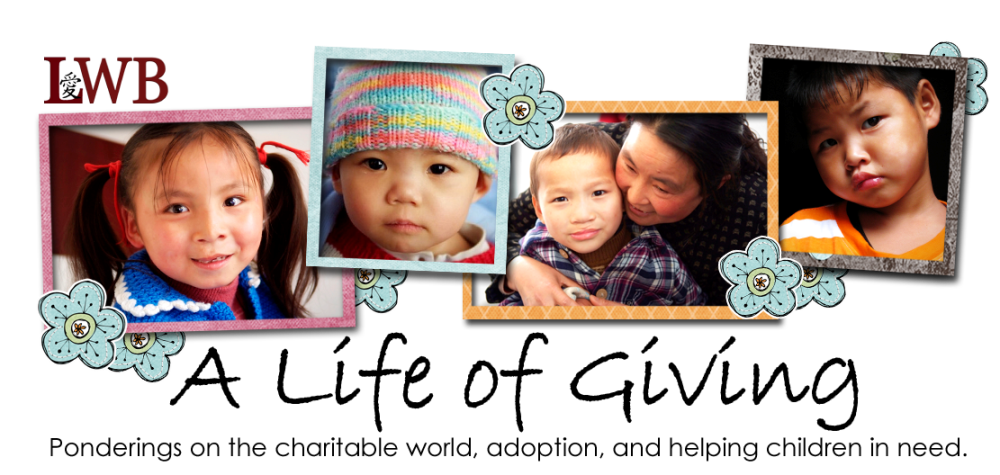
 Raising Children in a Transracial Family
Raising Children in a Transracial Family










